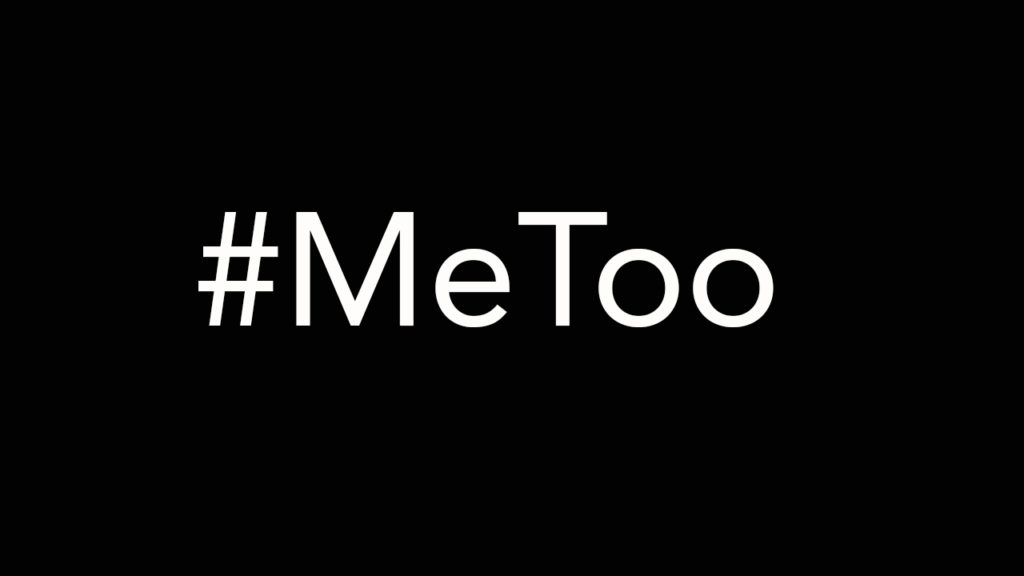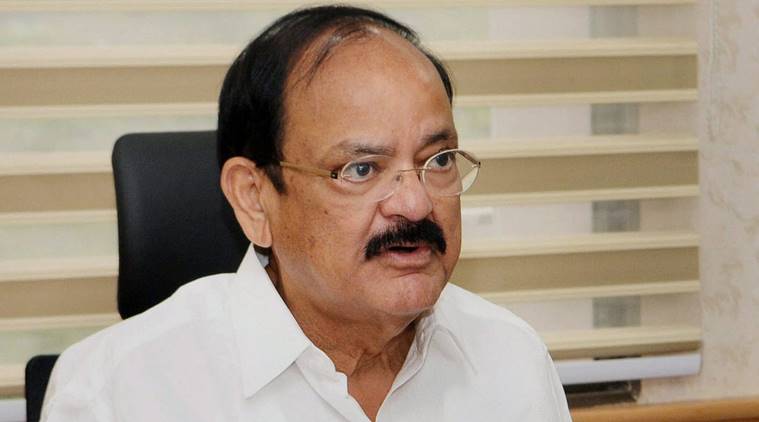
The persistence of ‘Me Too’ as used by Tarana Burke in 2006, was to endow women through empathy, mainly young and helpless women. In October 2017, Alyssa Milano refreshed using the catchphrase as a #tagMeToo, to help reveal the extent of problems with sexual harassment and assault by displayinghow many people have faced these events by themselves.Several #tags about sharing stories of workforce sexual harassment. It spread’s viral on social media to describe the occurrence of sexual abuse, harassment and assault at workplace.
After accusations on Harvey Weinstein the use of the #MeToo hash tag on social media with respect to the event spread rapidly in India. Today this movement has highlighted the sexual assaults and harassment across the different spectrums like Politics, Film industry, media and many more. It grew up with quickdrive September, October 2018 in the Bollywood industry centered in metropolis city Mumbai, when the actress TanushreeDutta accused NanaPatekar of sexual harassment, which steered many men in news both electronic and print media. Bollywood films and government development zones accused by women talkingout their experiences and disclosethe charges of sexual harassment, assault and abuse by the men involved.
Members of AIB comedian group have been accused of sending lewd messages and photos to women via social media apps. Some of its members keep quite on the accusations made against them GursimranKhamba, respond on the allegations made by some unknown girl of sexually assaulting her.
News and media didn’t remain untouched with the wave of #MeToo movement, as the allegations of sexual harassment on Prashant Jha, who later stepped down as the Chief of Bureau and Political Editor of the Hindustan times.The resident editor of Times of India resigned on 13thOctober 2018, for the same reason. Nishtha Jain accused Vinod Dua of stalking, slobbering and sexually harassing her in June 1989.
But the moot question here is does the harassment, abuse happen only with women? What about men, are they projected as only predators? Do they too experience the sexual abuse? The story doesn’t end here, what about the LGBT community who is vulnerable to this, and faced sexual abuses and harassment in their everyday life. Before plunged into these questions lets first get into the definition of sexual harassment.The international policy for sexual harassment, as established by the United Nations, defines “discrimination” as “any unfair treatment or arbitrary distinction based on a person’s race, sex, religion, nationality, ethnic origin, sexual orientation, disability, age, language, social origin or other status”[1]. These questions needs to be addressed in greater detail and the laws against sexual harassment of women at work place should be make gender neutral.The Sexual Harassment of Women at Workplace (Prevention, Prohibition and Redressal) Act, 2013 explicitly lays down gender-specific directions and guidelines against the abuse of an “aggrieved woman”, discarding the men and queer people who have experienced harassment in a uneasy and deserted minority.As Section 375 of the I P Cviews, ‘rape is something that only a man can do to a woman’. There is no space for adult male sufferers, much less female offenders.
The law on sexual abuse, harassment and assault at the workplace totally leaves men and the LGBTQIA (Lesbian, gay, bisexual, transgender, queer or questioning, intersex, and asexual or allied) community out of its scope. Apart from women if Men or the members of LGBT community faced such sexual abuse at workplace, there is no scope and space to address these issues legally.
Women’s rights activist and lawyer Flavia Agnes has a somewhat different opinion on the matter. She says that just as women in India takes the #MeToo movement and used to draw the focus on cases of their harassment, the men and the LGBT community, too, should begin a movement of their own to drive for an modification to the existing laws.
Amarpreet Kaur, the founder of HR Consulting Company HR Helpdesk, ran a survey called Mahila Bol on the sexual harassment and abuse of women at the place of work. And she was stunned to find a group of men answering to the survey. Their joint concern: What about us?Cases of sexual harassment need to be decided on basis of individuals and guidelines, rules should be frame in a way to bring in everybody into the ambit.
Male sexual assault has historically been masked in secrecy and stigma. Our culture values immunity and rejection of pain as vital qualities of “manliness.” Men simply are not acceptable to divulge that they have been sexually assaulted, abused and harassed. Men can be, and are, sexually assaulted, abused. It can happen to anyone, irrespective of sexual orientation, occupation, race or culture, age. It happens at home, at workplace, or at any other place for that matter.
Maneka Gandhi in recent times supported a petition filed by filmmaker-activist Insia Dariwala on Change.org stating said that “male child sexual abuse is an ignored reality in India.” According to Insia Dariwala, of the 71% of men surveyed who said they were abused, 84.9% said they had not told anyone about the abuse. The primary reasons for this were shame (55.6%), followed by confusion (50.9%), fear (43.5%) and guilt (28.7%)[2].
Sexual criminalities and abuse have no gender, and it’s the need of hour that both the people and our legislature should realize that. This does not take awayanything from how serious female sexual abuse and assault is. It is just carrying to light the point that no selectivity should carried whereas meting out justice to the ones who ask for it.
[1] https://www.google.com/search?q=%22ethnic%20origin,%20sexual%20orientation,%20disability,%20age,%20language,%20social%20origin%20or%20other%20status%E2%80%9D.%22
[2]The mindset is that boys are not raped’: India ends silence on male sex abuse, for more details. See https://www.theguardian.com/global-development/2018/may/23/indian-study-male-sexual-abuse-film-maker-insia-dariwala.
Khan Arif, is research scholar at Department of History and Culture Jamia Millia Islamia, He can be reached at [email protected].









































